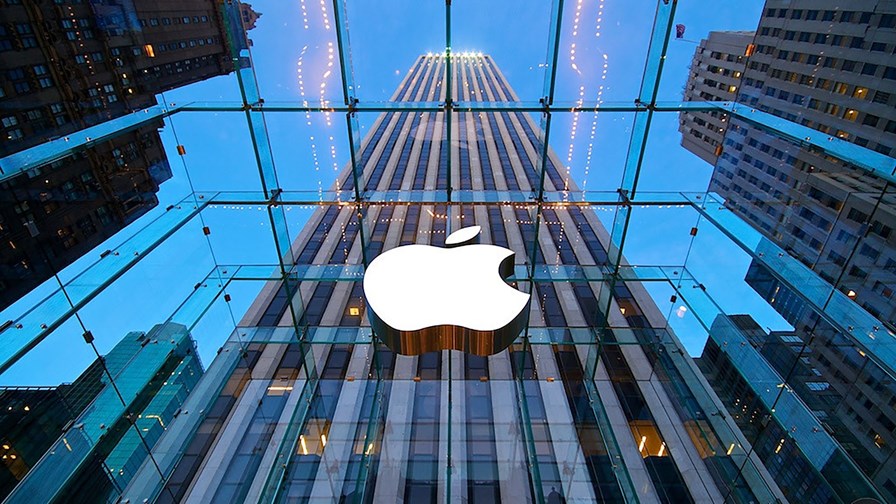
© Flickr/CC-licence/Andy
- Apple's new bundles
- Foxconn predicts global tech split
- Adobe, IBM & Red Hat hybrid cloud push
- DT CEO wants bonfire of the planning codes
Feast your eyes on this well-honed wordage conjured up from the humid depths of mid-summer
Smartphones used to sell on unique features (screen resolution, camera prowess, overall brand value) but battle is now being joined over hardware and service bundles involving TV music, storage etc. Apple is reported to be prepping tiers of bundles to go with its new iPhone, due to be launched in October (Covid allowing).
Foxconn, the Chinese contract manufacturing company that ended up assembling most of the world’s smartphones (and more besides) is planning for what it sees as an “inevitable split” between US and Chinese tech markets, according to the Nikkei Asian Review. Foxconn says nearly a third of its production is already outside China and expects a complete decoupling of Chinese and American supply chains. If Foxconn’s view is widely shared, it surely throws down the gauntlet for a (possible) incoming Biden administration. Could it, should it, attempt to get out the sticking plaster and mend the fracturing global IT market? Or is it already too late?
While we’re dwelling on Foxconn, who remembers the hoo-ha generated by Trump’s 2018 deal to get it to manufacture screens in the US? Hailed by the president as "one of the greatest deals ever" (of course) it’s now up a pungent waterway without any means of propulsion. Grit your teeth: $4.5 billion went to Foxconn in exchange for a promised huge project in Wisconsin, thousands of jobs, enhanced tax revenue etc etc. So far zilch except for some empty sheds.
Adobe, IBM and Red Hat have got together to advance ‘deployment flexibility with hybrid cloud’ with security and data protection front and centre. The goal is to enable brands to manage and deliver their content and assets within any hybrid cloud environment, from multiple public clouds to on-premise data centres.
Deutsche Telekom CEO, Timotheus Hoettges, wants to bolster DT's already strong domestic and regional position by having EU regulations relaxed to allow the rapid deployment of new fixed and mobile infrastructure, especially for 5G. Critics worry that a bonfire of planning codes will result in the rapid placement of intrusive new masts with little or no regard paid to aesthetics or the objections of municipalities or individuals.
Email Newsletters
Sign up to receive TelecomTV's top news and videos, plus exclusive subscriber-only content direct to your inbox.




